Africa
Death is an inevitable part of life. The pain of loss differs depending on who dies. So when a sitting president dies, a nation is ordinarily united in grief, more often, the grief extends to the subregion and the continent at large.
An expected exception is the case of anti-apartheid activist and global icon, Nelson Mandela, whose death united the world in grief. World leaders descended on South Africa to pay their respects to the man South Africa still celebrates, Tata Madiba.
This article looks back to the instances of presidential deaths over the last decade – i.e. between 2008 and today.
Overall, 10 African countries buried their incumbent leaders. Beside 2009 that recorded two deaths, 2008, 2010, 2011 and 2014 recorded single casualties. 2012 turned out to be Africa’s most difficult year of grief as four leaders died.
The most affected country was the tiny West African country of Guinea Bissau – they lost two leaders in a spate of three years. The first, its long serving leader, was assassinated in 2009 whiles his successor died of diabetes four years later in Paris.
NOTE: Within the context of ‘Succeeded by,’ this article doesn’t with persons who acted in presidential capacity but those who took over democratically after a leader died.
Lansana Conte of Guinea – December 22, 2008
The man who served as Guniea’s second post-independence leader won three elections during his over two-decades stay in charge.
Came to power in April 3, 1984 and ruled for 24 years, died at the age of 74 years. The known cause of death is Diabetes and heart complication
Took over from: Acting President Louis Lansana Beavogui – who was Prime Minister of first President Ahmed Sekou Toure.
Succeeded by: Alpha Conde, the incumbent in 2010 after two acting heads of government.
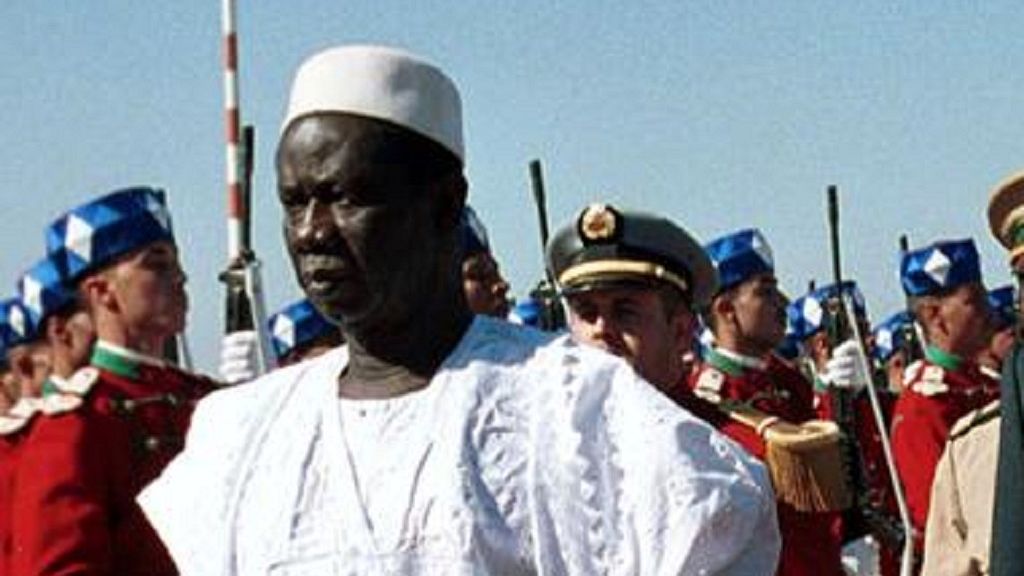
Omar Bongo of Gabon – June 8, 2009
He was one of the continent’s longest serving leaders till his death in 2009. He came to power in 1969 and ruled the oil-rich Central African nation for over four decades till his death.
He came to power in 1967 and ruled for 42 years and died aged 72 years in the Spanish city of Barcelona.The cause of death us undisclosed illness.
Took over from: Leon M’ba first president of the country and was succeeded by Ali Bongo Ondimba – his son and a minister at the time.
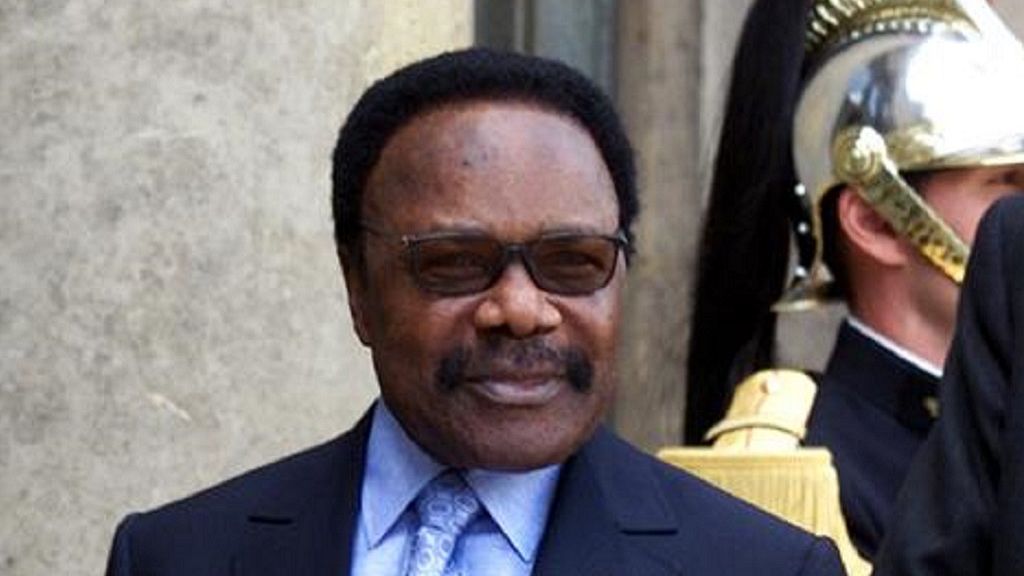
Joao Bernardo Vieira of Guinea Bissau – March 2, 2009
Vieira was a three-time president of the West African nation of Guinea Bissau. He served a total of over two decades in charge till his assassination in the capital, Bissau.
Came to power: 1980 ruled three periods 1980 – 1984, 1984 – 1999, 2005 – 2009. He ruled for: 23 years died at age 69.
Took over from: First president of the country Luis Severino de Almeida Cabral and was succeeded by Malam Bacai Sanha.
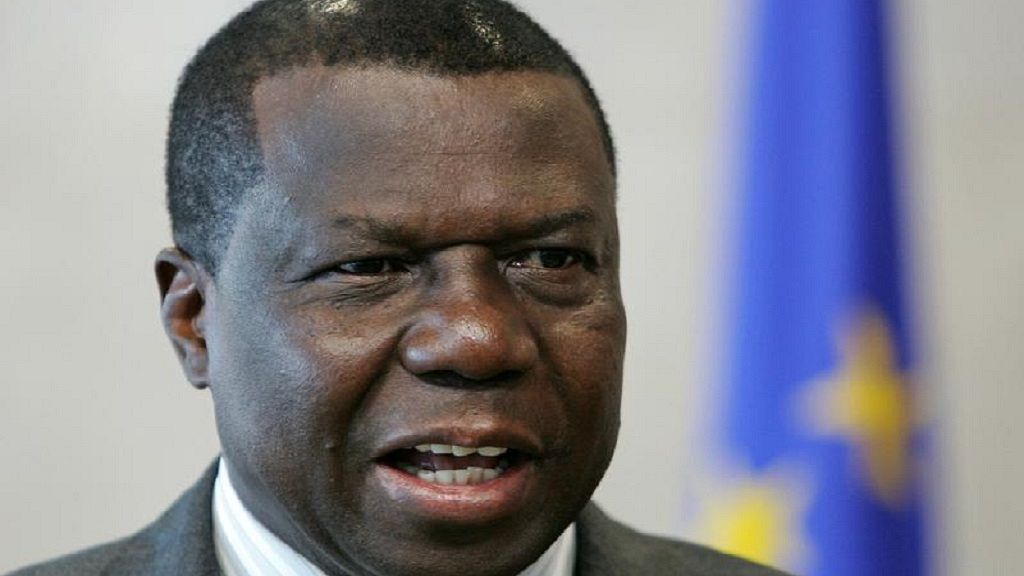
Umaru Musah Yar’Adua of Nigeria – May 5, 2010
He was the second civilian president under Nigeria’s current constitution. He won controversial polls after his predecessor – Obansanjo’s – plans to extend his stay from 1999 – 2007 got stiff opposition from the then ruling Peoples Democratic Party (PDP).
Came to power: 2007 and ruled for 3 years, died aged 58 in Saudi Arabia – flown back for burial. The known cause of death was Pericarditis – inflammation of a membrane around the heart.
Took over from: Chief Olusegun Obasanjo – first civilian president under 1999 constitution. He was succeeded by: His then vice-president Goodluck Ebele Jonathan.
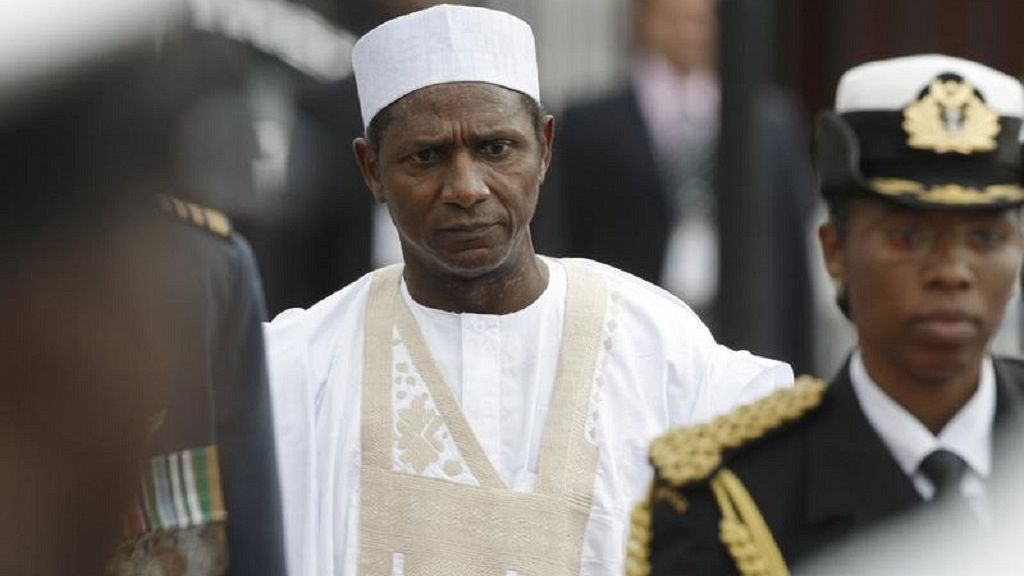
Muammar Gaddafi of Libya – October 20, 2011
One of the most flamboyant and controversial political leaders of the last century, Gaddafi’s rise and fall is the subject of much debate till date.
He was killed by rebel forces that captured him in his hometown of Sirte following a NATO-backed revolution in 2011. It was widely thought that his son, Saif Al-Islam Gaddafi, was going to be his successor but with his father killed, Saif is the subject of local and international court summons.
Came to power: 1969 through a bloodless coup, ruled for 42 years and was killed at age 69.
Took over from: King Idris I who at the time was seeking medical attention in Turkey
Succeeded by: No successor as yet, Libya is divided between political factions after Gaddafi was shot dead in 2011 by rebels.
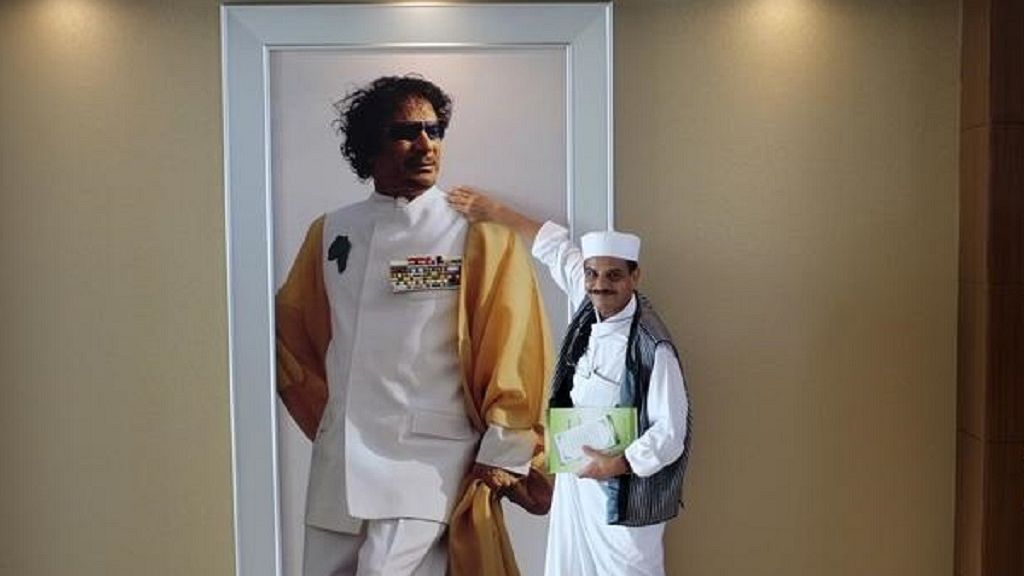
In Part II of this piece, we look at the African leaders who died between 2012 and now.
Shaban Abdur Rahman Alfa
Digital journalist
Pointe-Noire, Republic of Congo
alfa.shaban@africanews.com



![Exit on duty: African presidents who died in office [1]](https://static.euronews.com/articles/383507/400x225_383507.jpg)

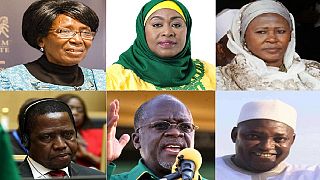
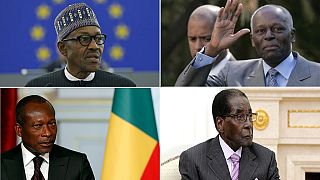
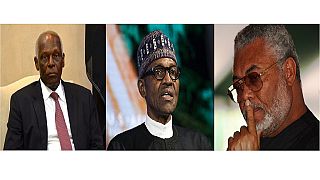



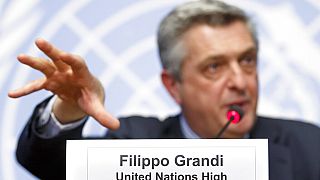
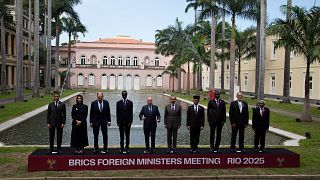
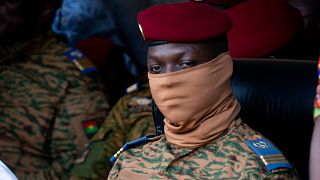
Go to video
Iran: Death toll in port blast rises as crews scramble to stop blaze
Go to video
As cardinals prepare conclave, thousands flock to pay respects to late Pope Francis
01:16
Africa mourns Pope Francis, a voice for peace and justice
01:14
ECOWAS Meets in Ghana to Tackle Member Withdrawals
Go to video
Who will be the next pope? A look at potential candidates
Go to video
Nigerian Court finds club and football federation negligent of Chineme Martins’ death